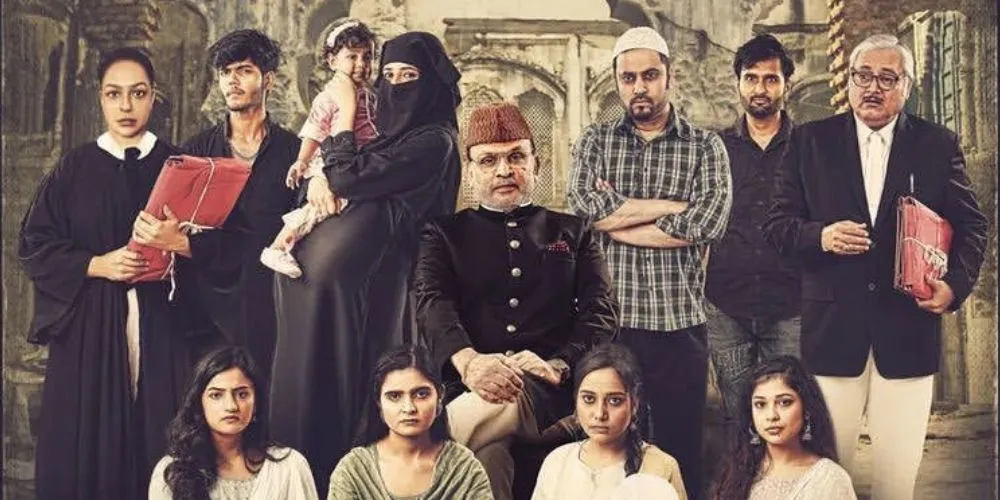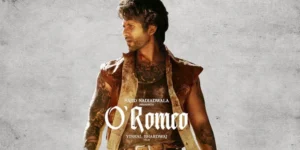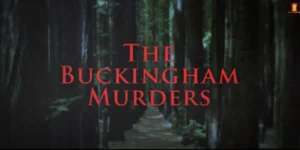
The Bombay High Court has given their verdict on “Hamare Baarah” and cleared the way for the release of the film starring veteran actor Annu Kapoor. The decision comes after weeks of legal wrangling surrounding the movie’s content, with petitioners alleging it portrayed the Muslim community negatively and misrepresented Islamic teachings.
Initially, the High Court postponed the release in June after petitions were filed by Azhar Basha Tamboli and others. These petitions expressed concerns that the film could hurt religious sentiments and potentially promote domestic violence. The petitioners argued that the film’s portrayal of polygamy was insensitive and inaccurate.
However, after a thorough review, the High Court concluded that “Hamare Baarah” did not contain any objectionable material that could be deemed offensive to Islam or the Muslim community. The court remarked that the film’s core message aligned with women’s empowerment, a sentiment often missing from mainstream Hindi cinema.
The court’s order acknowledged the filmmakers’ initial misstep: releasing an unapproved trailer containing scenes that violated the Cinematograph Act. To address this, the court imposed a fine of ₹5 lakh on the makers and producers.
Justice B.P. Colabawalla and Justice Firdosh Pooniwala, presiding over the case, emphasized the importance of creative freedom in filmmaking. However, they cautioned filmmakers to be mindful of the potential impact their work can have on religious sensibilities.
The verdict highlights the ongoing tension between artistic expression and respecting religious beliefs in Indian cinema. “Hamare Baarah” became a focal point due to its subject matter, sparking debates about representation and the portrayal of sensitive topics.
Negotiating a Release: Edits and Agreements
The path to release wasn’t straightforward. To reach a consensus, the court facilitated discussions between the petitioners and the filmmakers. This resulted in a few agreed-upon edits to the film. These edits included:
- Two 12-second disclaimers at the beginning of the movie. One disclaimer would delve into the Islamic practice of polygamy, providing context and potentially dispelling misconceptions.
- Muting specific dialogues deemed potentially offensive.
- Removing a scene where the phrase “Allahu Akbar” was used in a way deemed inappropriate by the petitioners.
The court’s involvement in crafting these edits underscores its commitment to ensuring the film’s release wouldn’t spark religious discord.
Hamare Baarah Beyond Controversy: The Film’s Message
While the controversy dominated headlines, details about the film’s plot remained scarce. Reports suggest that “Hamare Baarah” explores societal issues and the struggles faced by women. Annu Kapoor’s character is believed to play a pivotal role, though the exact nature of his role is unknown.
The Bombay High Court’s decision to greenlight the film, with the aforementioned edits, suggests that the core message is one of empowerment. This perspective is a welcome change for Bollywood, which has often been criticized for its portrayal of women in traditional and submissive roles.
The Road Ahead
The “Hamare Baarah” saga serves as a reminder of the complexities surrounding religious representation and artistic freedom in Indian cinema. The court’s verdict has ensured the film can reach audiences, albeit in a slightly modified form.
Whether the film lives up to its purported message of empowerment remains to be seen. But one thing is certain: “Hamare Baarah” has sparked conversations that extend far beyond the silver screen, prompting discussions about social issues and the portrayal of religion in popular culture.




